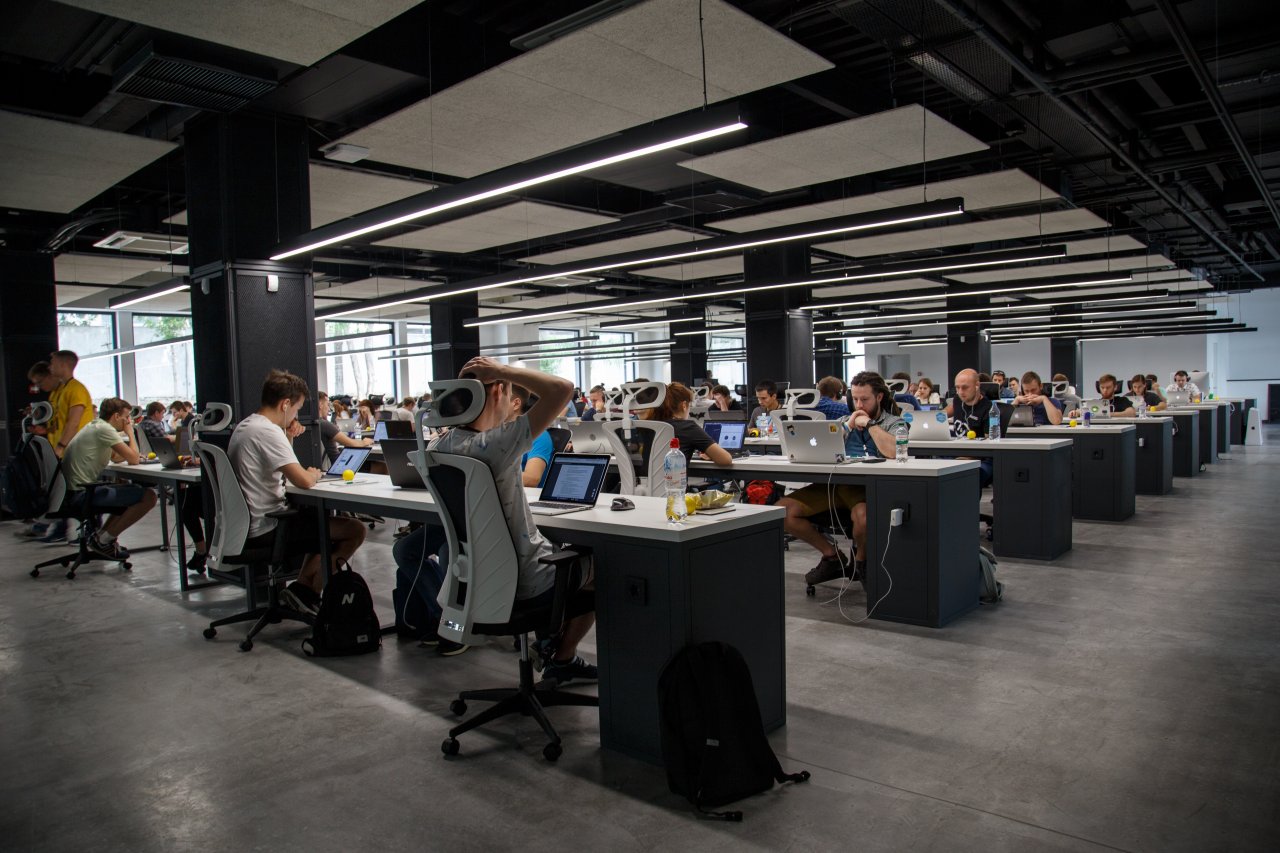A US developer who had worked for Japanese game companies for about 12 years told of the harsh conditions they experienced through a thread on X/Twitter, bringing attention to the low wages and long working hours. The post has since gathered significant attention to the work culture of Japanese game companies. We look into whether and how conditions have changed in the past few years.

The thread in question was posted by developer Jean Pierre Kellams. According to LinkedIn, Kellams joined Capcom in Japan in 2005 as a game localizer and writer before moving to Platinum Games in 2007, where he worked as a narrative producer and creative producer. He then moved to Electronic Arts in the US in 2017. He is currently working for Epic Games as a lead producer, working on development of gameplay for the Fortnite metaverse.
The labor conditions in the Japanese game industry that overseas media don’t talk about
On October 1, Kellams criticized Western journalists for failing to report realistically on Japanese game companies and studios, noticing that this is particularly the case after every Tokyo Game Show takes place. He brings attention to the extremely low wages and long-term crunch culture existent among Japanese game developers that are insufficiently reported on.
Further in the thread, Kellams gives details of his experience, recounting of having worked 60+ hours a week over the course of five years, sometimes even escalating to 80-90 hours a week while in Japan, as opposed to the 40 hours a week he worked after he moved to EA and started working in the US.
In a later post, Kellams also mentions the fact that he has not worked in Japan since 2017. He mentions that working conditions may have improved in some areas but notes that Japanese society is generally more tolerant of long working hours and less protective of workers than Western societies.
Kellams’ post has since received a significant response, especially from users in the West. Genki, a user who covers Japanese game-related news, mentioned that Jason Schreier of Bloomberg would be in constant pursuit of the issue if he were a reporter in Japan. Schreier himself responded to Genki’s post, commenting that “the language barrier is the biggest impediment.” While there is, as Kellams mentioned, a tendency for glorifying the Japanese game industry among journalists, the difficulty in accessing Japanese sources surely plays a big factor as well.
The effect of the Work Style Reform Bill on the game industry
Other users who appear to be working in Japan also responded to Kellams’ post, commenting that the harsh working conditions are not limited to just game developers. And indeed, such cases can be heard of in other industries as well, and cases of karōshi (death by overwork) in Japan are a topic often reported on worldwide.
Moving on to the brighter side of things, Japanese companies may have seen some improvement in their work environments in the meantime. The Japanese government enacted the “Work Style Reform Bill” in 2019, the outline of which includes provisions to “correct long working hours and realize diverse and flexible work styles” and “ensure fair treatment regardless of employment status,” among others. More specifically, a ceiling on overtime work was established.
As for the game industry specifically, PlatinumGames, where Kellam had worked at previously, have published some of their commitments to improving working conditions. Overtime work on weekends, holidays, and on workdays after 10:00 p.m. has been prohibited, and on Sundays, it is prohibited to enter the workplace. Similar commitments to making improvements in the work environment are also being made by other companies, such as Nintendo and SEGA.

In addition, CEDEC (Tokyo-based Computer Entertainment Developers Conference), has been releasing developer surveys every year since 2013. The 2017 survey showed that, out of 1936 respondents, about 81% worked under 50 hours a week during regular seasons, while only 48% worked under 55 hours a week during peak seasons.
On the other hand, the 2022 survey results showed that 87% of out of 387 respondents worked less than 50 hours per week during regular seasons, and 63% worked less than 55 hours during peak seasons. Although overtime work still seems to be very much prevalent in certain periods of the year, the data may indicate a downward trend. It should be noted that the survey included many respondents with few of experience (34.1% with less than three years of experience) in the gaming industry.
Additionally, upon inquiring on our side with some veteran developers, we received reports of many major Japanese companies correcting their working environments around 2019, when the Work Style Reform Bill came into effect. However, we were also told that depending on job types and seniority, some companies still have unreasonable working conditions. It also seems that in environments where restrictions have been placed on working hours, complaints can be heard from those who want to increase working hours in order to improve game quality but are unable to due to the limitations. Meeting schedules while maintaining quality seems to be a new concern for some developers due to the reforms.

Recent trend toward wage increases
In recent years, wages have been on the rise at many companies in the industry. Throughout 2023, wage increases were seen in major companies such as Nintendo, SEGA, and Square Enix, as well as Monolith Software, a developer and subsidiary of Nintendo (Related Article , Related Article 2, Related Article 3, Related Article 4). The companies were motivated to implement wage increases in order to stabilize employees’ livelihoods in the face of rising prices, secure human resources and maintain sustainable growth.
Long working hours and crunch culture are issues that the game industry is largely associated with, both in Japan and overseas. In the west, the issue is pursued by the media far more than in Japan. However, thanks to the Work Style Reform Bill, it seems that Japanese game companies are taking steps to create better work environments, both in respect of working hours and pay. While surely not everything Kellams talked about has been resolved, the positive tendencies we can see are important. On the other side, residual issues remain, and the recent restrictions seem to be causing new concerns for developers.
Written by. Amber V based on the original Japanese article (original article’s publication date: 2023-10-05 18:12 JST)





